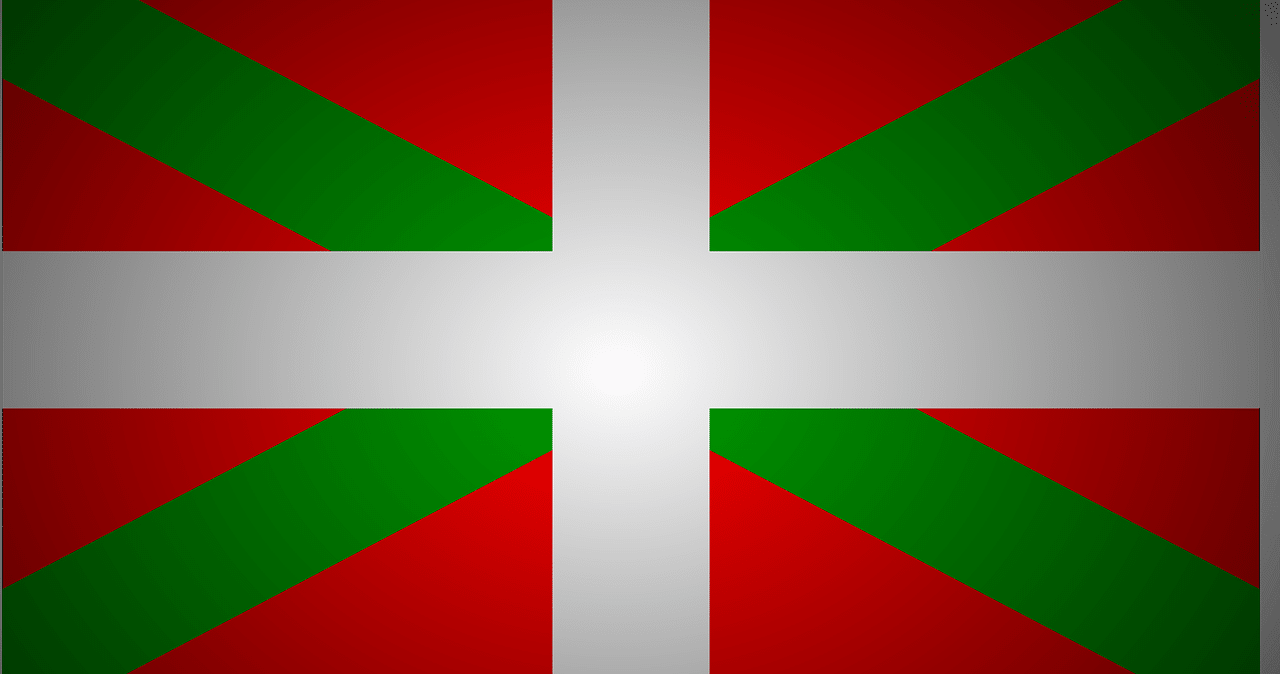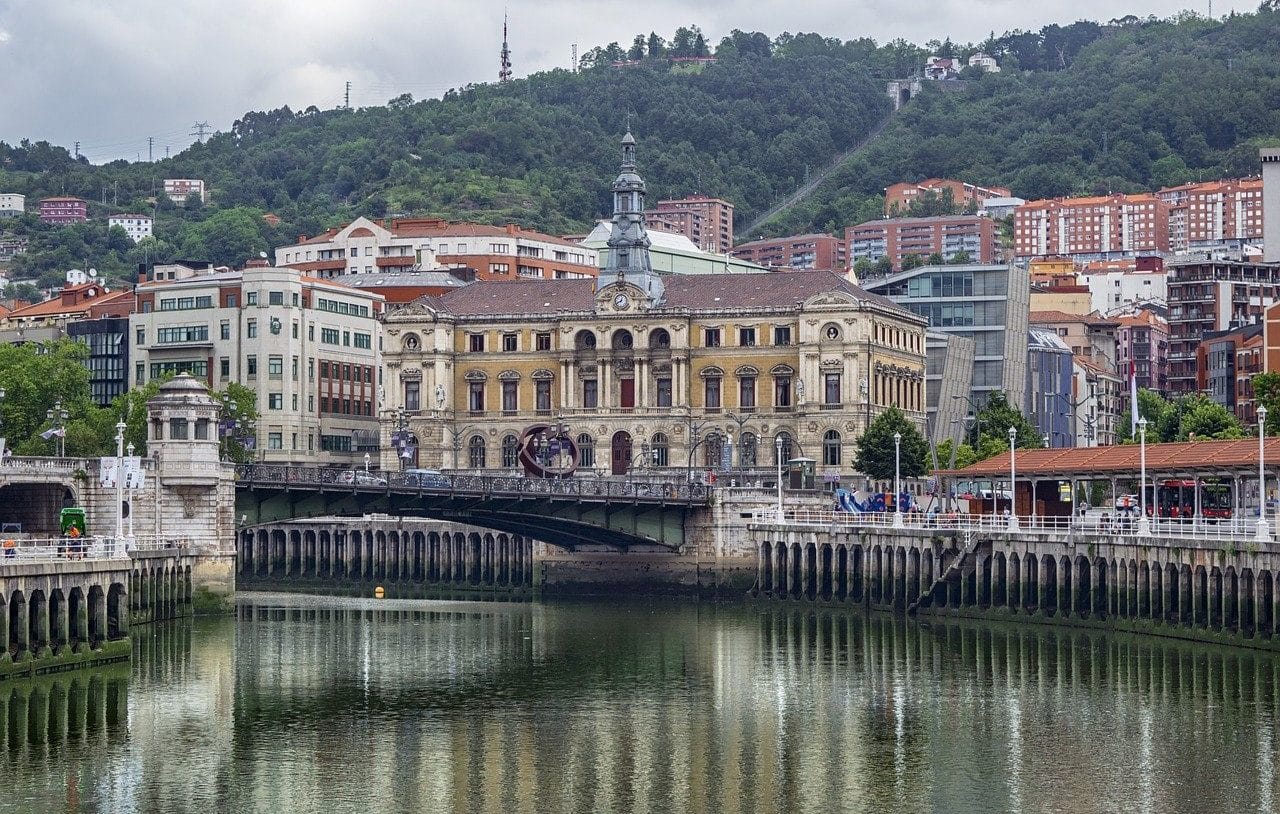
Basque is usually classified as a minority language in the Spanish context.
Basque is a term that refers to the Basque language . According to the Royal Spanish Academy ( RAE ), the concept can also be written as Basque .
Basque or Basque is a language whose origin is unknown. It is spoken in Euskal Herria (Basque nation), which includes the Spanish autonomous community of the Basque Country , a part of the autonomous community of Navarra (also in Spain ) and Iparralde ( French Basque Country ).
It is important to indicate that, in Spain , Basque is a co-official language of the Basque Country and the Basque-speaking area of Navarra , along with Spanish . In French territory, however, it does not have that recognition. This isolated language – since there is no genetic or genealogical link with other languages – is also spoken in other European countries and in America thanks to the Basque diaspora.
History of Basque
Basque is the oldest living language on the entire European continent. Although its origin is uncertain, it is believed that it would have emerged in the Stone Age , more precisely in the Neolithic period, although some theories indicate that it could even have emerged earlier.
As we already indicated, their belonging to any linguistic family is not recognized. There are scholars who believe that it could have an affiliation with Aquitanian , a dead language spoken by the Aquitanians in the Pyrenees region. It is also related to the Iberian language , another dead language.
Basque managed to go through the millennia without disappearing as happened to numerous languages . “Linguae Vasconum Primitiae” , a work by Bernart Etxepare published in 1545 , is considered to be the first book written in Basque.
At the beginning of the 20th century , Basque reached a peak with the first congress of the Eusko Basque Studies Society and with the founding of the Academy of the Basque Language (Euskaltzaindia) . However, with Franco's rule , the Basque began to be persecuted.

Basque is spoken in cities such as Bilbao, Pamplona, San Sebastián and Vitoria-Gasteiz.
The persecution of Francoism
Faced with the plurality of languages in Spain , Francisco Franco proposed to impose Spanish throughout the national territory, prohibiting the rest of the languages spoken in the country. Thus, Basque went underground, becoming a sign of resistance for the Basques.
Starting in 1960 , this link between Basque and Basque identity was strengthened, with an important role played by each ikastola (school in Basque) dedicated to teaching the language to children. Adults, meanwhile, learned the language at the gau-eskola , the predecessor of today's euskaltegi (Basque language school).
At that time, Basque was spoken mainly in towns and rural areas. In the cities, it was limited to domestic use due to prohibition and greater controls. In any case, it is estimated that more than 8,000 students learned in the clandestine ikastolas.
With the development of ETA (Euskadi Ta Askatasuna) , a terrorist group that promoted the independence of Euskal Herria, Basque became politicized and began to be associated with Basque nationalism. In fact, the graffiti painted by its sympathizers and the extortion letters and threats signed by its members were done in this language.
Beyond this issue, and the majority rejection of ETA even after the end of its armed struggle, Basque became a symbol against Franco and managed to position itself as a central component of Basque culture , a reality that continues to this day. by the linguistic policy of the Basque government and bilingualism in Euskadi .

Pintxos is the Basque term that refers to pinchos, a classic of Basque gastronomy.
The linguistic normalization of Basque
Linguistic normalization was a milestone in the history of Basque. It was not until 1968 that the bases for the standardization of the language were agreed upon and Basque batua ( unified Basque ) emerged as the standard for written Basque.
Batua Basque, approved by the Royal Academy of the Basque Language , is based on various Basque dialects. Although these dialects continue to be used in informal language , Batua Basque is used in the educational field and in public administration.
The Batua Basque language sought to facilitate understanding among all Basques. At an academic level, the work of normalizing the standard language was carried out and then the result was transmitted to the community through the media and schools, favoring its adoption by a large number of speakers.
Among the detractors of Batua Basque, there were nationalist and traditionalist sectors who considered that standardization was going to attack localism . Members of the literary universe also expressed their disagreement with the unification criteria.
However, today it is often highlighted that Batua Basque contributed and contributes to guaranteeing the subsistence of the language, by making it reach official bodies and bodies. Furthermore, normalization gave it greater prestige . On the other hand, it is argued that this unified Basque did not mean the disappearance of dialects, since each speaker can choose how to express themselves according to the context and their preference.
